Let’s face it. Everyone thinks they’re a better-than-average driver. Most people think they drive fewer miles than the norm. And lots of us think that we’re paying too much for insurance because we subsidize those who are more aggressive, less attentive, less responsible drivers than we are. Soon, we will have a chance to put our money where our mouth is.
For years, green organizations like the Better World Club, consumer advocates and transportation planners have called for lower insurance rates for people who drive less than average. Some call it ‘pay as you drive”; others call it “usage-based insurance”.
We’ve been watching this issue for years. We’ve shared our reservations about pay as you drive insurance and its cost – not only in dollars, but in lack of professional advice and lost privacy. While the concept sounded intriguing, we haven’t found a product we were comfortable recommending to our clients.
Until now.
“This is Our iPod”
Progressive Insurance is bringing its Snapshot auto insurance to Maine next month. With this product, they’ve refined the concept and addressed many of the concerns that we identified with the previous generation of usage based insurance.
Progressive says “this is our iPod”, a product that will change the way people buy and use car insurance. With Snapshot, Progressive offers discounts for quantity (driving less) and quality (driving better).
We think that usage-based Maine auto insurance has a good chance to redefine how car insurance is rated, and empower consumers as never before. It rewards safe driving habits by offering car insurance discounts for risk-reducing behaviors such as gradual starts and stops, driving fewer miles, and staying off the roads during the most dangerous hours.
Progressive appears to have respected the line between information gathering and privacy invasion. They’ve also removed the cost uncertainty that concerned us in the first generation product. Finally, they’ve integrated a cool feedback tool that allows drivers to self-monitor and compare their driving to others on the road.
We haven’t been fully briefed on Snapshot auto insurance, but these are some of the coolest rumored features:
Discounts!
Depending on your driving behaviors, you may earn up to a 30% auto insurance discount. You’re eligible for your first discount after 30 days. Your “final” discount will be set after your first 6 month policy term. Because the discount is based upon individual vehicle data, a different discount percentage will probably apply to each of your vehicles.
Voluntary and Flexible
You will be able to choose whether or not you want Snapshot or traditional rating. You’ll even be able to choose which vehicles you want to be rated in Snapshot. Let’s say you drive from South Portland to Augusta every day, but your spouse stays home to care for your toddler. You might choose traditional rating for the commute vehicle, and Snapshot for the other.
Truly Rewards Responsible Behavior
Maybe you’re a safe driving advocate, gas mileage fanatic or carpool rider. Maybe you use public transit or commute by bike. Snapshot is the first Maine car insurance that rewards your green behavior with green in your pocket.
We think that this may lead to safer roads, however marginally at first. Snapshot drivers are likely to try to reduce their car insurance rates by driving less and driving more safely. Who knows, maybe classes like Maine Clean Communities EcoDriving Workshop (offered in April for fleet drivers) will become popular with individuals, too?
Professional Advice
Snapshot is not a good idea for everyone. Because it will be sold by an independent Maine insurance agent, you will be able to talk with a professional about your situation, and determine if it’s a likely fit for you. If it’s not, an independent agent has other options for you.
No Up-front Cost
Unlike the first generation of pay as you drive car insurance, you don’t have to pay for the monitoring equipment. Progressive gives it to you; when your monitoring period (about 6 months) is over, you simply mail it back to them in a prepaid envelope.
Cool Monitoring Tools
You can view your driving data up to the minute online. This just cries for an an update to the Progressive iPhone app. You will be able to see if you are tracking to get a discount within ten days of installing your device. Progressive will report how your driving compares to others. They will report how you drive, when you drive, and how much you drive. You’ll be able to use this feedback to improve your driving – and get a lower car insurance rate.
Sounds Good. What are the Drawbacks?
Privacy Concerns
The devil of this concept has always been in the details of monitoring and reporting. Just what information does Snapshot capture? With whom is it shared? The Snapshot device is not a GPS. It doesn’t record where you drive – only how and when. It records mileage, speed and time driven. It also uses an accelerometer (the way Toyota’s “glass of water” iPhone app does) to measure hard braking and jack rabbit starts. It transmits this information to Progressive via cell signal.
Progressive says they will not share this information with any third parties. But what if their data is subpoenaed following an accident? We have no doubt that the data would be provided. – and possibly become public information. And, while the device doesn’t have a GPS, it does use cellular technology. It’s not too crazy to think that one could identify where your vehicle is or was by what cell tower picked up your Snapshot signal. Whether that’s good or bad might depend on whether you’re trying to recover your stolen car or whether someone accuses you of causing an accident, and reports your license plate number to the police.
Privacy Rights Clearinghouse, a consumer privacy advocacy group, has testified their objections to pay as you drive insurance in the past. The publisher of Privacy Journal also expressed concern in this USA Today article. But as long as Snapshot remains an “opt in only” product, you can simply say no if you think the cost of your lost privacy outweighs the insurance discount.
How Do You Know if You’re a Good Candidate?
Don’t drive much? Have more vehicles than drivers? Have a “toy” for the weekends, or a truck that you only use for yard work and dump runs? Chances are good that usage based insurance will save you money.
Have Questions?
If you live in the Greater Portland area, contact Noyes Hall & Allen Insurance at 799-5541. If you live elsewhere, call your Maine independent agent who sells Progressive products. You can also see Progressive’s Snapshot page for more information.
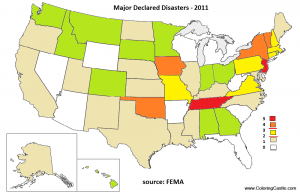


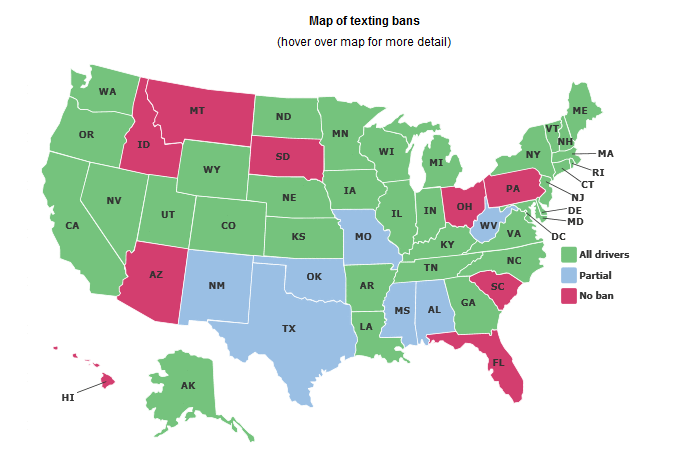
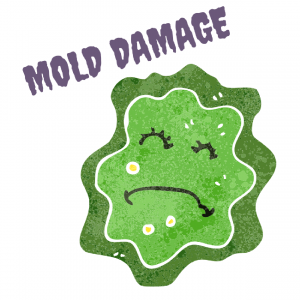
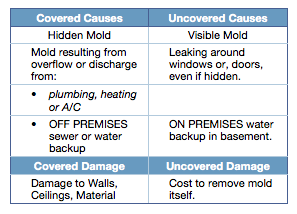
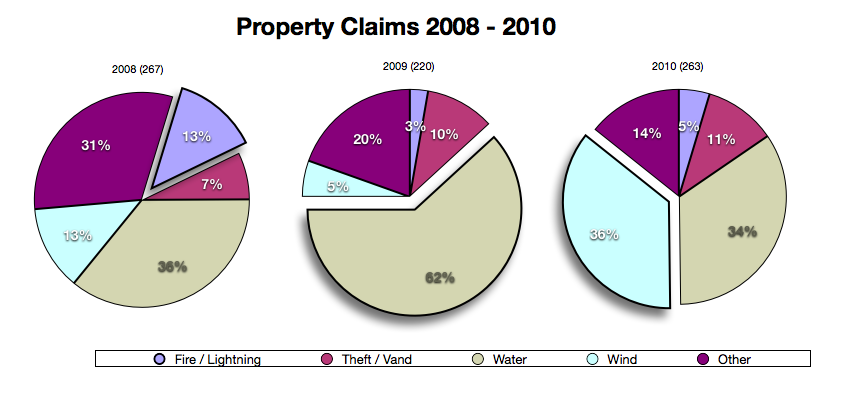
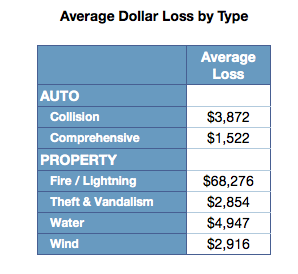
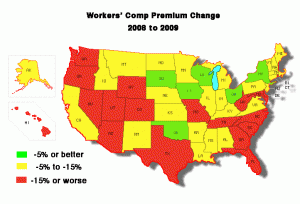
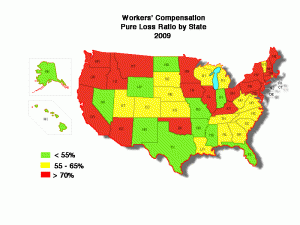
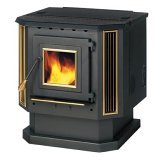 Any kind of wood-burning appliance causes concern for fire insurance companies. Insurers are often slow to adapt to new technology, since they rely on experience statistics to help them set rates and underwriting guidelines. However, most insurers understand the popularity of these stoves, and are trying to accomodate home owners who use them.
Any kind of wood-burning appliance causes concern for fire insurance companies. Insurers are often slow to adapt to new technology, since they rely on experience statistics to help them set rates and underwriting guidelines. However, most insurers understand the popularity of these stoves, and are trying to accomodate home owners who use them.